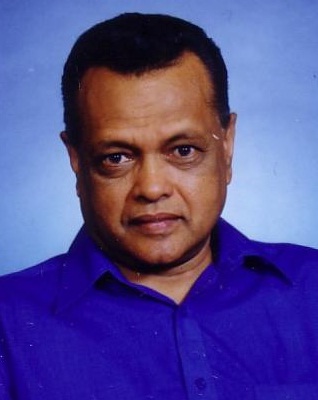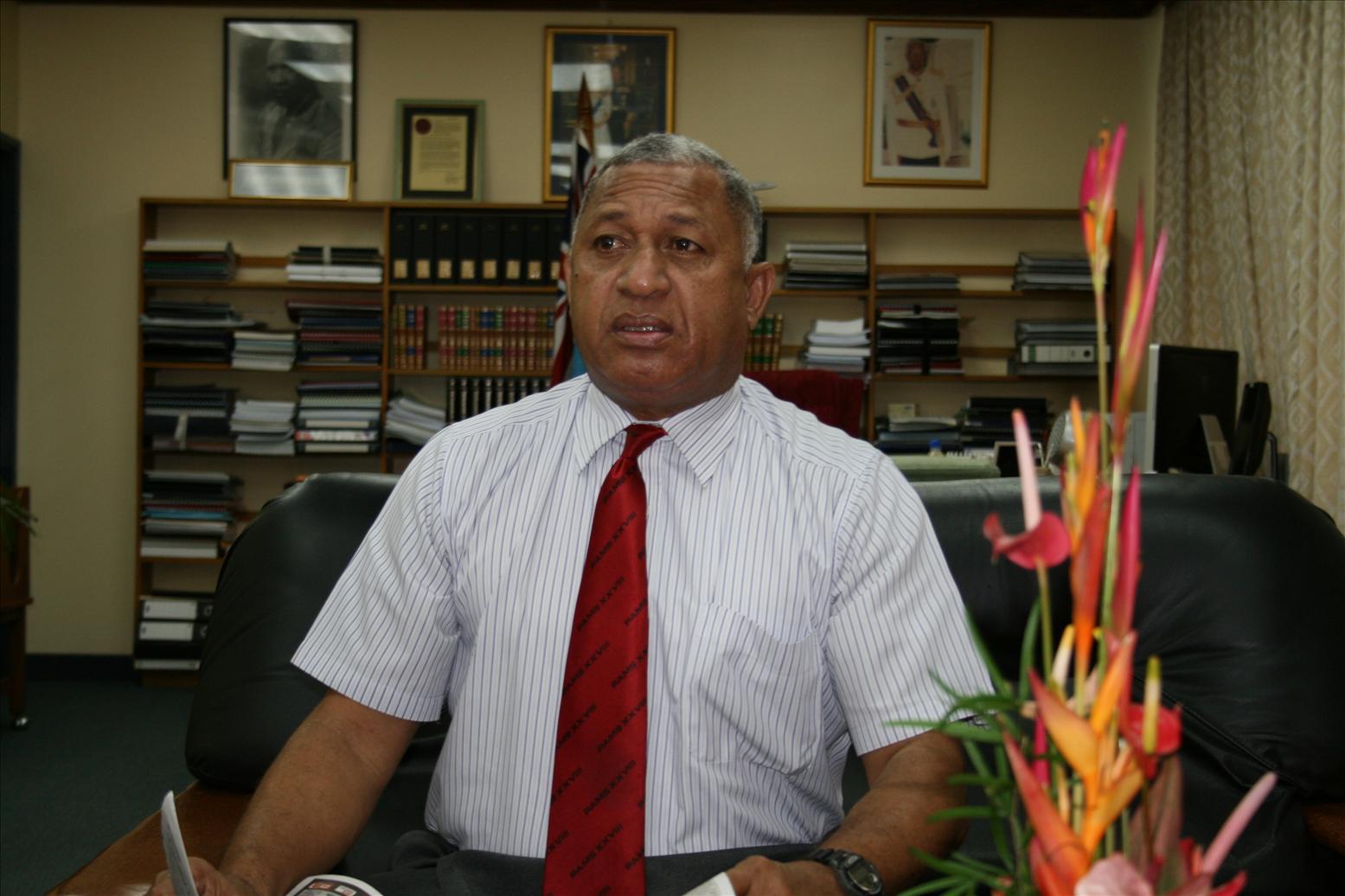 Old politicians, who spent their time in hibernation following the takeover of the Laisenia Qarase Government on December 5, 2006 by the Fijian army, are now emerging from their burrows, flexing their muscles.
Old politicians, who spent their time in hibernation following the takeover of the Laisenia Qarase Government on December 5, 2006 by the Fijian army, are now emerging from their burrows, flexing their muscles.
Deposed Prime Minister Qarase is before the court on charges of corruption, while his stable mate Mahendra Chaudhary is back with vigour and vengeance.
However, he also is expected soon to have his day in court for non-disclosure of funds he received from India, deposited in Australian banks.
The result of their cases would decide their future as politicians.
Meanwhile, the Bainimarama Government is racing through its agenda, ignoring the growls and grunts from former politicians and its critics.
Electronic voter registration programme has stirred the nation, generating suspense and expectancy among the people.
The 2014 elections will produce a result that will be markedly different from earlier polls. The common roll form of voting will see candidates seeking votes from everyone registered in a particular electorate.
Painful memories
In the past, ethnic voting caused fiery storms of racism that lashed the nation, leaving the embers for advocates of racism to threaten its victims from to time.
Fear and insecurity ripped Indo-Fijians as their desire to leave Fiji gathered speed, its trauma known only to those who have suffered.
The memory lingers forever and it is too painful to recount for people like me now living away from homeland.
Yet, the so-called democratically elected politicians of Fiji remained oblivious and dismissive of the pain and suffering of victims.
The façade of democracy in Fiji spawned insensitive leaders who chose to give vent to ethnic policies where divisiveness was glorified, self-interest prioritised and the nation politically and economically destroyed.
Fiji’s democracy was built on the foundations of racism.
It was strengthened in the coups of 1987 and 2000 to raise the intensity of its impact on Indo-Fijians.
Racial persecution
 It effectively raised the game plan of racial persecution through positive discrimination and affirmative action.
It effectively raised the game plan of racial persecution through positive discrimination and affirmative action.
It ran for almost two decades but did nothing to lift the social and economic condition of people it purported to benefit. The rhetoric for such benefits from its proponents echoed across the nation, raising the expectancy of the targeted beneficiaries.
Indigenous Fijians lived in hope but the elusive prosperity never came.
However, it benefited and prospered the chiefs and indigenous elites.
Fiji’s so-called democracy created myriad illusions and would, in due time, become a minefield for students of political science who would hopefully expose the villains of Fiji politics that almost destroyed a nation that was once the most powerful in the South Pacific.
Degenerative forces had corroded every limb of the democratic structure since independence in 1970. The oil of racism is corrosive to democracy and as expected, Fiji’s structure crumbled.
The elected custodians, who caused irreparable damage to the heart of Fijian democracy, were removed by the Fijian Army.
The restorative process is now in progress and those that destroyed it are eager to retake and gain residence in the house of democracy.
Faith restored
Hopefully, the new Constitution will address a number of issues, ensuring that democracy in Fiji is bestowed in safe and secure hands for the benefit all the peoples of Fiji. Fragility of democracy is more pronounced now than ever. Even dictators can use the democratic mechanism for election and claim validation.
Politics is becoming devoid of morality and ethics almost everywhere.
Fiji’s leadership has been characterised by malice, hatred and vengeance, with honesty and integrity replaced by selfishness, arrogance and betrayal.
The Bainimarama Government has restored some faith and trust in the people and a taste of what good leadership truly entails.
It is accepted that there was a level of suppression, intimidation and denial of certain basic rights.
However, think of it another way. To gain something some sacrifices were essential. It was not as coercive as the detractors of the Bainimarama Government would have us believe.
If it were, Prime Minister Frank Bainimarama would not have received 61% approval rating by the people of Fiji.
Today, peoples’ faces are lit with joy and there is visible unity among people, cutting across racial boundaries. In a world survey, Fiji has been declared as the happiest place on the planet.
The sullen faces belong to the politicians of the bygone era who may not make it to the citadel of power and those that were beneficiaries of their despicable reign where racism, corruption and violation of the basic tenets of democracy sustained their dominance.
Rajendra Prasad is a thinker, author (‘Tears in Paradise’) and an Indian Newslink columnist. He lives in Auckland. Email: raj.prasad@xtra.co.nz






